In recent years, Vietnam's livestock industry has been undergoing a period of strong restructuring. Instead of depending mainly on small-scale livestock households as before, the market has increasingly recognized the prominent role of large enterprises with large-scale production models and systematic investment.
This process takes place in the context of increasingly high consumer demand, stricter food hygiene and safety standards, and strong fluctuations in input and output prices according to the international market.
Many businesses have expanded their investments in closed chains, from supplying animal feed, operating farms to distributing products to the market. Among them is BAF Agriculture Joint Stock Company - a business belonging to the ecosystem of Tan Long Group.
Tan Long's agricultural turning point
Talking about the business journey of Tan Long Group, we cannot help but mention the businessman born in 1967, Truong Sy Ba - Chairman of the Board of Directors, who is very secretive. However, in a rare time sharing with the media, he recounted the fate that brought him to the agricultural industry.
Mr. Truong Sy Ba - Chairman of Board of Directors of Tan Long Group.
Accordingly, in the 2000s, Mr. Truong Sy Ba started his business by establishing Tan Long Van Company (the predecessor of Tan Long Group), specializing in chemical trading. In 2007, while driving a delivery car for an animal feed factory, he suddenly realized something special: his car was lost in the middle of a long line of trucks carrying corn to the factory.
That scene made him think again. "I originally thought that the chemicals I was trading at that time were a commodity with high demand, but seeing the scene of the factory purchasing agricultural products that day, I realized that agricultural products were the commodity with high market demand," Mr. Ba said.
Immediately after that experience, Mr. Ba decided to change his business direction, starting to supply raw materials for the animal feed industry and gradually withdrawing from the chemical sector.
By 2010, Tan Long established a rice factory in Dong Thap – which was introduced as the largest in Vietnam at that time. An important milestone took place at the end of 2016, when Tan Long became the first Vietnamese private enterprise to win a bid to supply high-quality rice to the Korean Government.
In early 2017, Tan Long continued to export the second batch of Japonica rice to South Korea, this time with a scale 10 times larger, or about 30,000 tons. Mr. Ba shared that this deal brought in a profit of about 3 million USD.
Tan Long Group's Hanh Phuc rice factory is located in An Giang .
Tan Long then made a splash when it won consecutive bids for 50,000 tons (May 2018) and 60,000 tons (mid-2018), totaling 110,000 tons of Japonica rice in just half a year. This was the result of bids organized by the Korean Government, where Tan Long overcame many international competitors from China, Thailand and Australia.
According to information on the website, Tan Long Group currently has about 4,000 employees, operating in 6 main areas: food business and retail; rice production and trading; grain industry; high-tech livestock; high-tech mechanics; and animal feed ingredients.
Owner of the trillion-dollar "vegetarian pig" ecosystem
After making his mark in the rice industry, Mr. Ba continued to expand into the livestock sector. In 2017, he founded BAF Vietnam Agriculture Joint Stock Company (HoSE: BAF), pursuing the 3F model (Feed – Farm – Food). In just a few years, BAF increased its charter capital from VND30 billion to VND1,435 billion and officially listed on the stock exchange in 2021.
Regarding the company's business situation, in 2021, despite a slight decrease in revenue due to restructuring, BAF's after-tax profit still reached VND321 billion, 7 times higher than the previous year. This result comes from the company proactively purchasing raw materials when prices are low, ensuring a stable source of pork and taking advantage of rising meat prices.
However, in the 2022 - 2023 period, BAF will face many difficulties when revenue drops to VND7,083 billion in 2022 and only VND5,198 billion in 2023, equivalent to a decrease of nearly half in three years. The reasons come from high input material prices, weak purchasing power and increasingly strict food safety regulations.
However, at the end of 2022, BAF still made its mark when launching the "vegetarian pig" brand BAF Meat - a product line from pigs that only eat food made from 100% plants and vegetable protein, produced by BAF's own factory. Mr. Ba said that this idea came from his childhood memories of the delicious taste of pork, and the desire to recreate that flavor in a modern context.
The products "vegetarian pig" and "banana pig" once created a fever thanks to the attention of consumers and the prestige of the brands behind them. However, when "banana pig" gradually lost momentum, "vegetarian pig" is making a remarkable comeback.
By 2024, BAF's business situation gradually improved: revenue reached VND 5,553 billion, up 7%. Profit after tax was VND 324 billion, more than 10 times higher than the previous year. Thanks to that, the company exceeded its set target.
The first quarter of 2025 continued to record positive results with a profit of VND133 billion, the company's highest quarterly profit ever. The company's revenue reached VND1,123 billion, mainly thanks to the sale of more than 160,000 pigs. The company said that the profit growth came from the fact that pork prices remained high, while input material prices remained stable, helping to optimize costs.
After receiving the transfer of 50% of capital contribution at Khoi Duong Livestock Company Limited, BAF has conducted M&A of 15 companies since November 2024 to present.
Notably, along with the remarkable growth in business situation, in recent times, BAF has continuously expanded its livestock scale through the acquisition of a series of enterprises. After receiving the transfer of 50% of the capital contribution at Khoi Duong Livestock Company Limited, BAF has conducted M&A of 15 companies since November 2024 to present.
At the same time, the company also established 3 subsidiaries in Tay Ninh with a total charter capital of 760 billion VND, operating mainly in the field of livestock farming.
VNDirect Securities believes that BAF has been well prepared since 2024 when it continuously invested and put into operation new farms including Hai Dang farm cluster (5,000 sows, 60,000 pigs), Tan Chau farm (30,000 pigs), Tam Hung farm (5,000 sows), Hai Ha farm cluster (5,000 sows, 60,000 pigs). VNDirect estimates that BAF's total herd will increase by 93.1% compared to 2023.
VNDirect expects BAF to continue to increase its market share in 2025 due to a decrease in the number of farming households, while the herds of some large enterprises may also be affected because previous supply partly came from linking with small-scale farmers.
Source: https://www.nguoiduatin.vn/ong-chu-tan-long-group-va-hanh-trinh-tu-chiec-xe-hoa-chat-lot-thom-204250526211115846.htm


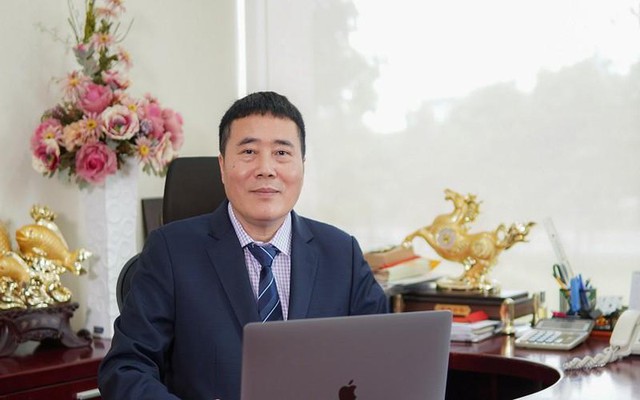
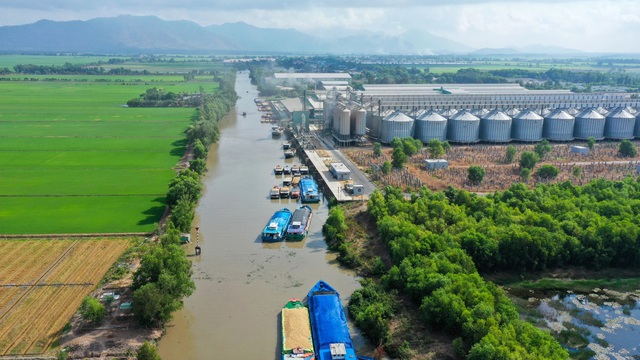
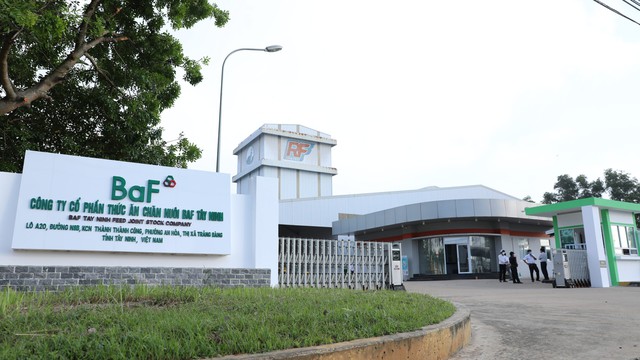
![[Photo] Many dykes in Bac Ninh were eroded after the circulation of storm No. 11](https://vphoto.vietnam.vn/thumb/1200x675/vietnam/resource/IMAGE/2025/10/15/1760537802647_1-7384-jpg.webp)


![[Photo] The 18th Hanoi Party Congress held a preparatory session.](https://vphoto.vietnam.vn/thumb/1200x675/vietnam/resource/IMAGE/2025/10/15/1760521600666_ndo_br_img-0801-jpg.webp)


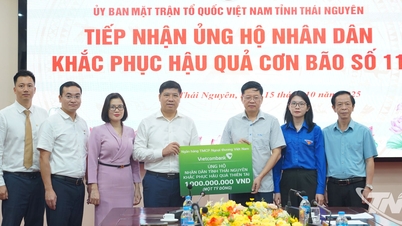

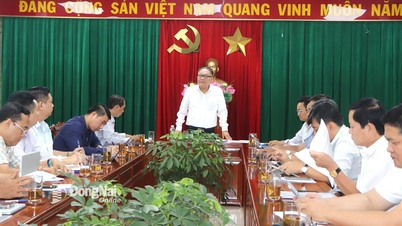

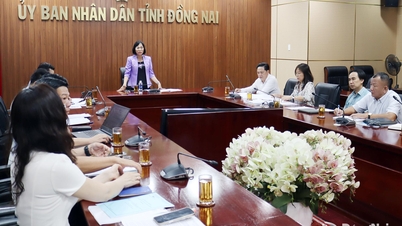
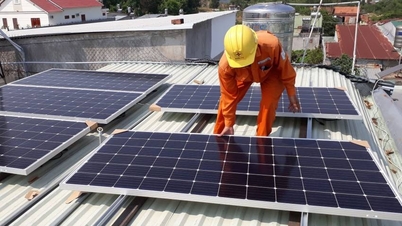

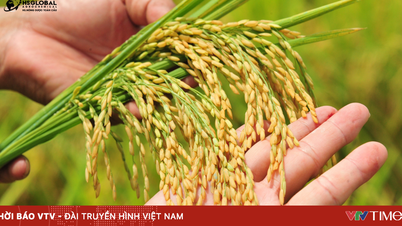

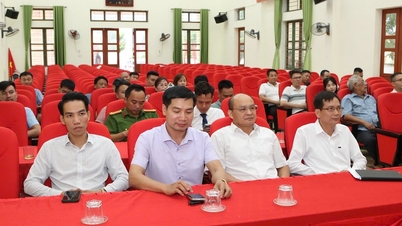
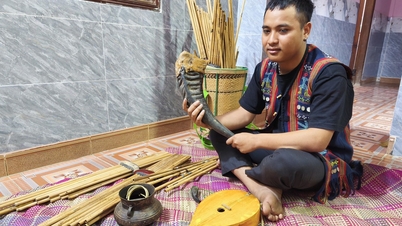

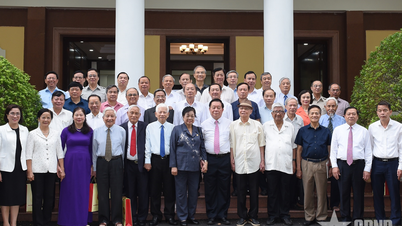

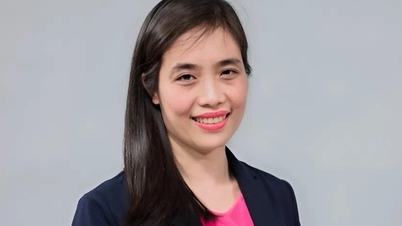



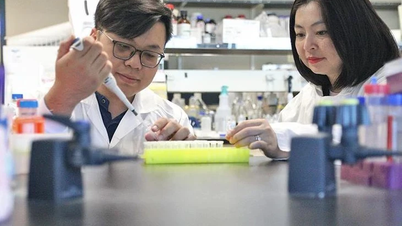

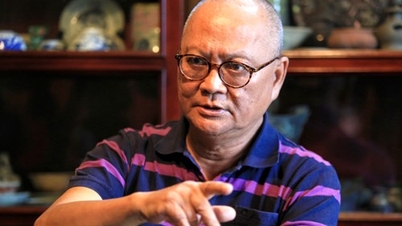















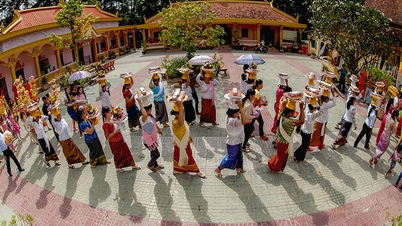

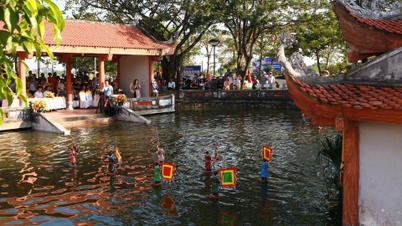
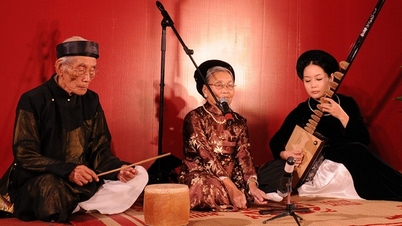


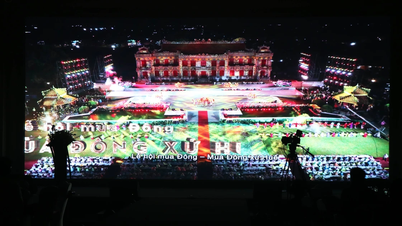
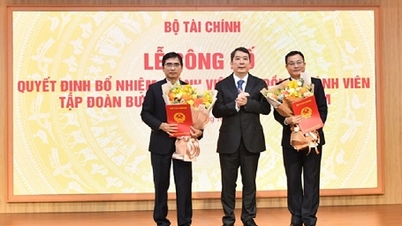

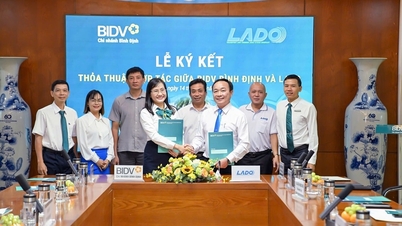

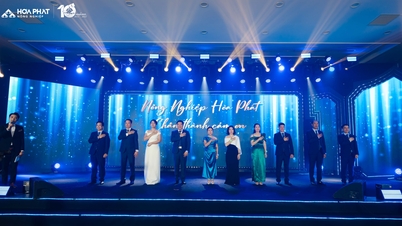









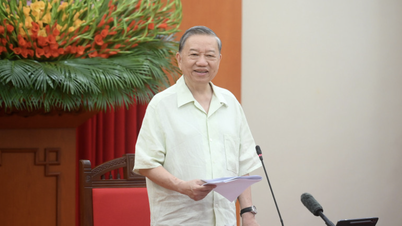
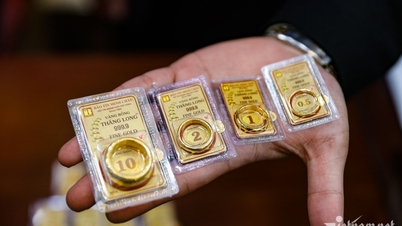

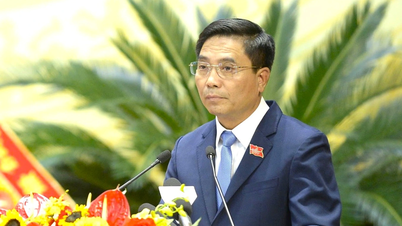
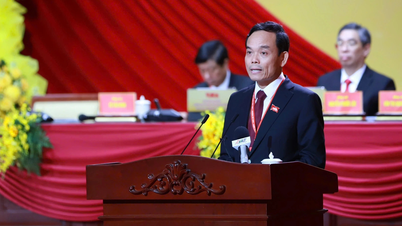
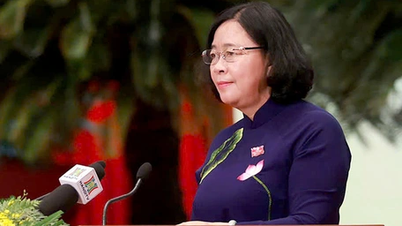

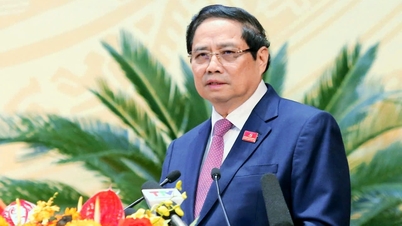
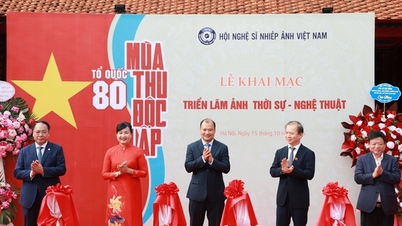

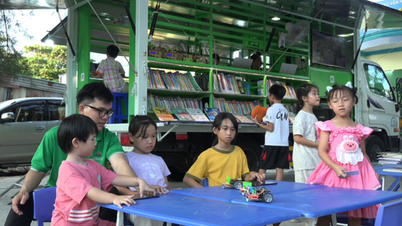
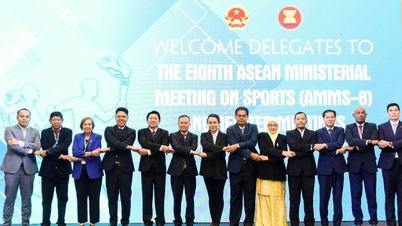
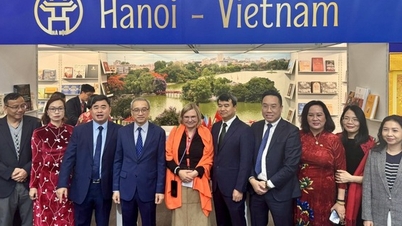
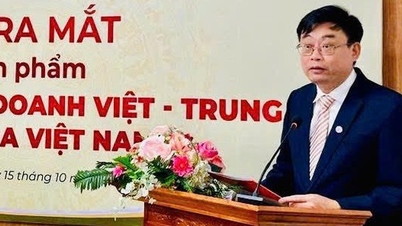


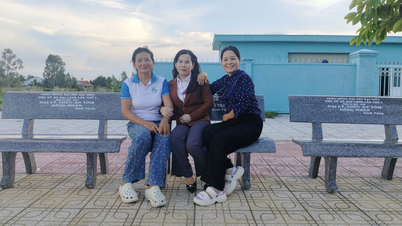

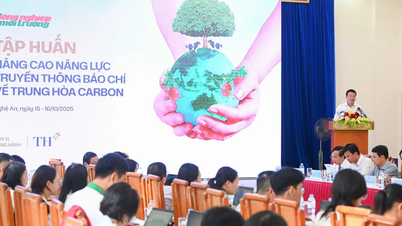




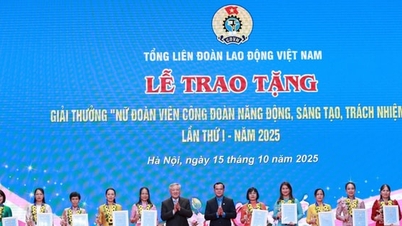

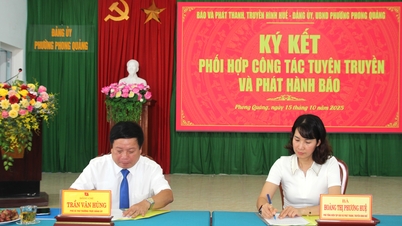






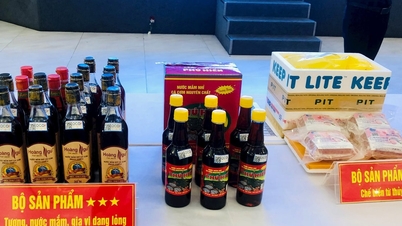









Comment (0)